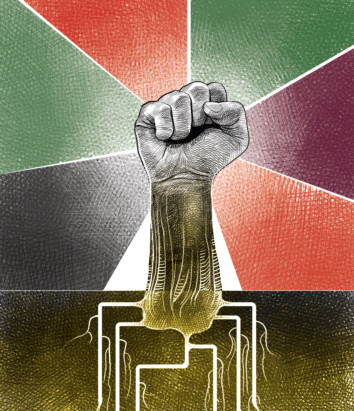
GCC countries must rely on themselves
Obama’s main concern is to seal a nuclear deal with Iran and to that end, Washington seems willing to even overlook for now Iran’s destructive regional policies

Obama’s main concern is to seal a nuclear deal with Iran and to that end, Washington seems willing to even overlook for now Iran’s destructive regional policies
